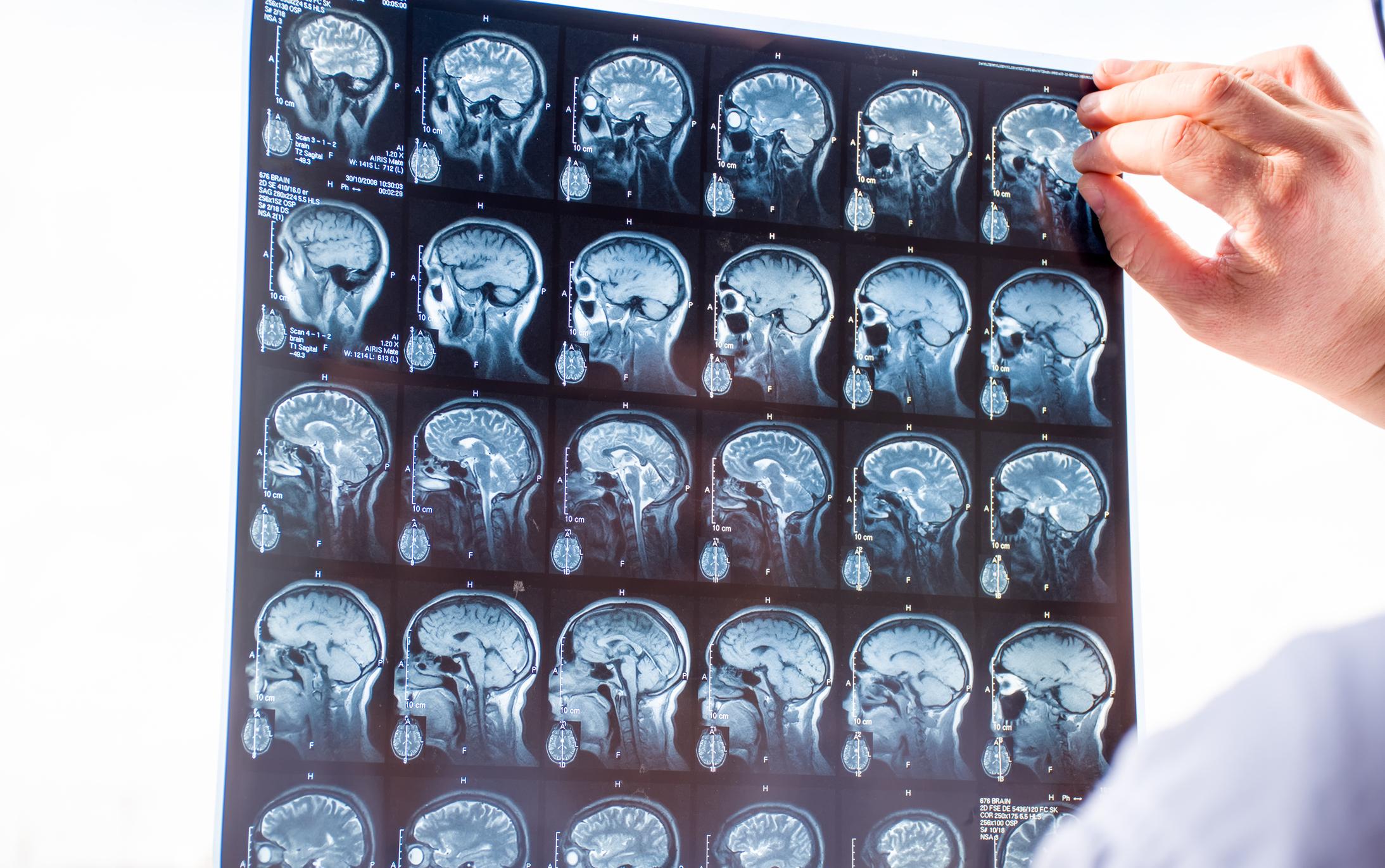An algorithm, confirmed by observation of cerebral activity during and between seizures, would make it possible to predict the increased risk of occurrence of epileptic seizures.

- Researchers have developed what they call a “weather station” capable of preventing the onset of an epileptic seizure from one to several days in advance.
- There is a so-called pro-ictal state, a level of altered brain activity associated with an increased risk of seizures.
- The researchers’ goal now is to develop a lightweight, portable and minimally invasive device.
Epilepsy handicaps approximately 50 million people in the world and close to 600,000 in France. Crises remain almost all unpredictable to this day, but Swiss and American researchers may well have found a way to anticipate their occurrence. Their discovery, presented on December 17 in the journal The Lancet Neurologypoints to a change in brain activity as a predictive sign of the onset of these crises.
A “weather Channel”
Researchers have developed what they call a “weather Channel” capable of preventing the onset of an epileptic seizure from one to several days in advance. Researchers from the universities of Bern and Geneva, in collaboration with those from the universities of San Francisco and Providence, conducted a retrospective analysis of data collected during a nine-year clinical trial in participants equipped with a implanted neurostimulation device. This device is based on neurostimulation, a therapeutic approach reserved for severe epilepsies. It uses a certain type of electroencephalogram (EEG), which works through an implanted intracerebral electrode, to analyze brain activity during seizures but also between seizures
In parallel, the researchers have developed an algorithm estimating whether an epileptic is at risk of a seizure in the hours or days that follow. By observing the data collected during the clinical trial, the researchers had confirmation that their mathematical model is capable of predicting the occurrence of a seizure. It sheds light on a so-called pro-ictal state, a level of altered brain activity associated with an increased risk of seizures that is similar to the image of weather disturbances that predict the arrival of clouds, rain or thunderstorms.
Therapeutic hope
The researchers’ goal is now to develop a device that is lightweight, portable and less invasive than the intracerebral electrode implanted in patients participating in the clinical trial. Hope for all epileptic patients, about a third of whom are suffering from so-called drug-resistant epilepsies, that is to say, which are resistant to treatment. For them, the seizures are frequent, irregular and without any warning signs.

.

















